RCMP Equivalent in USA – Unveiling the Counterpart
Did you know that the Royal Canadian Mounted Police (RCMP), affectionately known as the Mounties, is the federal police force in Canada? This iconic law enforcement agency is renowned for its distinctive red serge uniforms, stetson hats, and impressive horse-mounted patrols. But have you ever wondered what the equivalent of the RCMP is in the United States?
When it comes to law enforcement, the United States has a vast and complex system composed of federal, state, and local agencies. While there isn’t a direct counterpart to the RCMP in the US, there are various federal law enforcement agencies responsible for different aspects of criminal investigation and enforcement.
Key Takeaways:
- Law enforcement in Canada is handled by police services, special constabularies, and civil law enforcement agencies.
- The RCMP is the federal police force in Canada and provides federal criminal law enforcement.
- There isn’t a direct equivalent to the RCMP in the United States.
- The US has a complex system of federal, state, and local law enforcement agencies.
- Stay tuned to learn more about the different law enforcement agencies in the US and their roles.
Understanding RCMP and Its Responsibilities
The Royal Canadian Mounted Police (RCMP) is the federal police force in Canada and serves as the equivalent of the Royal Canadian Mounted Police in the USA. The RCMP is responsible for enforcing federal laws and maintaining border integrity, ensuring the safety and security of the Canadian population.
One of the key roles of the RCMP is to oversee Canadian peacekeeping missions involving police. This includes providing support and assistance in maintaining peace and order in conflict zones and areas affected by natural disasters.
Additionally, the RCMP manages the Canadian Firearms Program, which aims to regulate and control the possession and use of firearms in Canada. This program plays a crucial role in ensuring public safety and preventing gun-related crimes.
Furthermore, the RCMP provides contract police services to provinces, territories, municipalities, and Indigenous communities. This means that the RCMP acts as the primary law enforcement agency in areas where local police forces are not established or do not have sufficient resources.
However, it is important to note that the broad mandate of the RCMP has faced criticism over the years. Some argue that the RCMP’s contract policing program should be discontinued, calling for the establishment of independent provincial police forces. These ongoing discussions aim to determine the most effective and efficient approach to law enforcement in Canada.
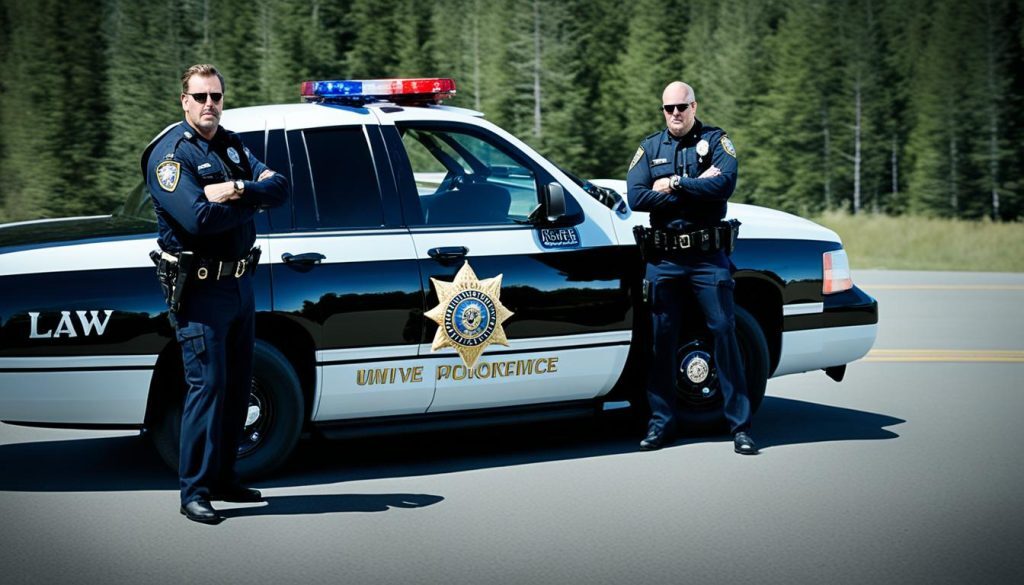
Canadian Police Services and Provincial Policing
When it comes to maintaining peace and enforcing criminal law in Canada, the responsibility falls on the police services scattered across the country. These police forces play a crucial role in upholding the law and ensuring the safety of communities.
Provinces in Canada are primarily responsible for establishing and maintaining their own police forces. However, many provinces delegate this responsibility to municipalities within their jurisdiction. As a result, some municipalities have their own police forces, while others rely on the Royal Canadian Mounted Police (RCMP) to provide provincial or municipal policing.
The duties and responsibilities of Canadian police forces can vary depending on the jurisdiction. Some police forces focus on enforcing municipal by-laws, while others have specialized units for handling technical or financial crimes. Additionally, police services are also involved in maintaining civil law in certain cases.
It’s important to note that not all provinces in Canada have their own police forces. In these cases, they rely on the RCMP to fulfill their provincial or municipal policing needs. The RCMP, as the federal police force, provides contract policing services to these provinces, ensuring that law enforcement is accessible to all Canadians regardless of their location.
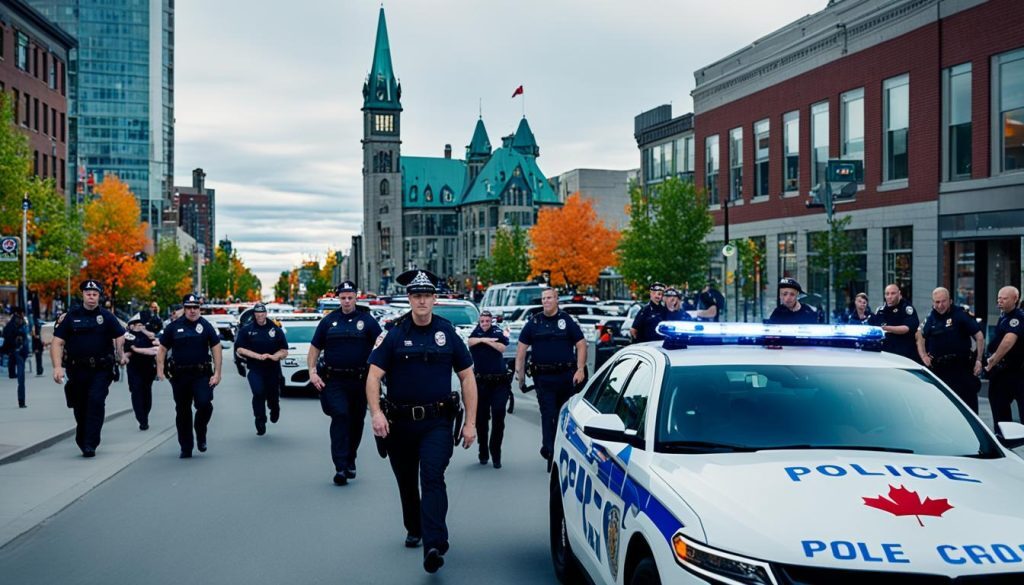
Overall, Canadian police services and provincial policing work hand in hand to maintain law and order across the country. Whether it’s the municipal police forces or the RCMP, these organizations are dedicated to serving and protecting the Canadian population, ensuring a safe and secure environment for all.
Federal Government’s Police Forces
When it comes to maintaining law and order at the federal level in Canada, two prominent police forces play crucial roles. These are the Royal Canadian Mounted Police (RCMP) and the Canadian Forces Military Police (CFMP).
The RCMP, also known as the Mounties, is responsible for enforcing federal laws and ensuring the safety and security of Canadians. With its illustrious history and iconic red serge uniforms, the RCMP is recognized as a symbol of Canadian law enforcement.
Not only does the RCMP carry out federal law enforcement duties, but it also provides contract police services to provinces, territories, municipalities, and Indigenous communities that do not have their own police forces. This collaboration ensures that law enforcement services are accessible across the country, irrespective of jurisdiction.
Meanwhile, the CFMP focuses on providing police, security, and operational support services to the Canadian Armed Forces and the Department of National Defence. Its primary role is to safeguard military personnel, resources, and installations, both domestically and internationally.
Both the RCMP and CFMP work hand-in-hand to maintain the safety and security of Canadians. Their efforts contribute significantly to upholding federal laws and ensuring the general welfare of the population.
| Police Force | Responsibilities |
|---|---|
| Royal Canadian Mounted Police (RCMP) |
|
| Canadian Forces Military Police (CFMP) |
|
Railway Police and Transit Authorities
In Canada, railway companies have the authority to appoint their own employees as police officers under the Railway Safety Act. This allows them to prevent crimes against the company and ensure the safety of goods and public rail transit. Major railway companies like the Canadian National Railway and the Canadian Pacific Kansas City railway have established their own police services to fulfill these responsibilities. These dedicated railway police forces play a crucial role in maintaining security and ensuring the smooth operation of the railway networks.
In addition to railway police, transit authorities across Canada also maintain their own police forces or special constabularies to protect passengers and property. For example, TransLink in British Columbia and GO Transit have their own dedicated police forces to provide comprehensive security and safety measures for commuters. These transit authority police forces work alongside local law enforcement agencies to create a secure environment for public transportation users.
| Railway Company | Police Service |
|---|---|
| Canadian National Railway | Canadian National Police Service |
| Canadian Pacific Kansas City railway | Canadian Pacific Police Service |
Provincial Police Services in Canada
Canada’s law enforcement landscape comprises a diverse range of police services at both federal and provincial levels. In addition to the Royal Canadian Mounted Police (RCMP), which provides federal law enforcement and contract policing services, each province has its own provincial police force.
One prominent provincial police service is the Ontario Provincial Police (OPP), serving the province of Ontario. With a rich history dating back to 1909, the OPP is responsible for enforcing provincial laws, maintaining public safety, and providing a wide range of specialized services to communities throughout Ontario.
The Sûreté du Québec is another significant provincial police service, serving the province of Quebec. As the second largest police force in Canada, the Sûreté du Québec plays a critical role in ensuring the safety and security of Quebec residents.
The Royal Newfoundland Constabulary operates as the provincial police service for select urban communities in Newfoundland and Labrador. With a focus on community policing, the Royal Newfoundland Constabulary works closely with local residents to maintain public safety and foster strong relationships with the community.
British Columbia boasts two specialized criminal law enforcement agencies: the Organized Crime Agency of British Columbia (OCABC) and the Unité permanente anticorruption (UPAC). These agencies play a key role in combating organized crime and corruption, ensuring the safety and security of British Columbia’s residents.
| Provincial Police Service | Area Served | Responsibilities |
|---|---|---|
| Ontario Provincial Police (OPP) | Ontario | Enforcing provincial laws, maintaining public safety, specialized services |
| Sûreté du Québec | Quebec | Ensuring safety and security, enforcing provincial laws |
| Royal Newfoundland Constabulary | Newfoundland and Labrador (select urban communities) | Community policing, maintaining public safety |
| Organized Crime Agency of British Columbia (OCABC) | British Columbia | Combating organized crime, ensuring safety and security |
| Unité permanente anticorruption (UPAC) | Quebec | Combatting corruption, ensuring safety and security |
These provincial police services play a crucial role in maintaining public safety and upholding the law within their respective jurisdictions. Their dedicated efforts and specialized services contribute to the overall security and well-being of Canadian communities.
Indigenous Police Services and Funding Challenges
First Nations communities in Canada have the right to establish their own police services, which are funded by the federal and provincial governments. However, these Indigenous police services often face significant funding challenges compared to other Canadian police forces.
One example of the funding disparities is the Nishnawbe-Aski Police Service in Ontario, which received only 36% of the estimated funding needed to effectively police the same area. This lack of adequate funding not only hampers the ability of Indigenous police services to provide essential law enforcement services but also undermines their efforts to address specific community needs and concerns.
Addressing the funding challenges faced by Indigenous police services is an ongoing topic of discussion and action. Recognizing the importance of these services in ensuring the safety and well-being of First Nations communities, there is a growing call to allocate sufficient resources to support Indigenous police forces.
By adequately funding First Nations police services, we can empower these organizations to effectively address public safety concerns, promote trust and collaboration within Indigenous communities, and ensure equal access to justice for all Canadians.
Security Screening Standards in Canada
In Canada, security screening plays a crucial role in establishing and maintaining trust within the government. The implementation of the Standard on Security Screening in 2014 provided a comprehensive framework for security screening processes and requirements across all departments and agencies.
The primary objective of these screening standards is to ensure the effectiveness and efficiency of the screening process while assessing the trustworthiness of individuals. By doing so, the sensitive information, assets, and facilities of the government can be safeguarded.
The security screening standards apply to all departments and agencies, with a few exceptions. The framework outlines the roles and responsibilities of executives and officials involved in the screening process, ensuring consistency and accountability throughout.
By adhering to these screening standards, the Canadian government can maintain a high level of security and protect the country’s interests. Security clearance becomes more robust, providing assurance to both the government and the citizens that individuals with access to sensitive information are thoroughly vetted and deemed trustworthy.

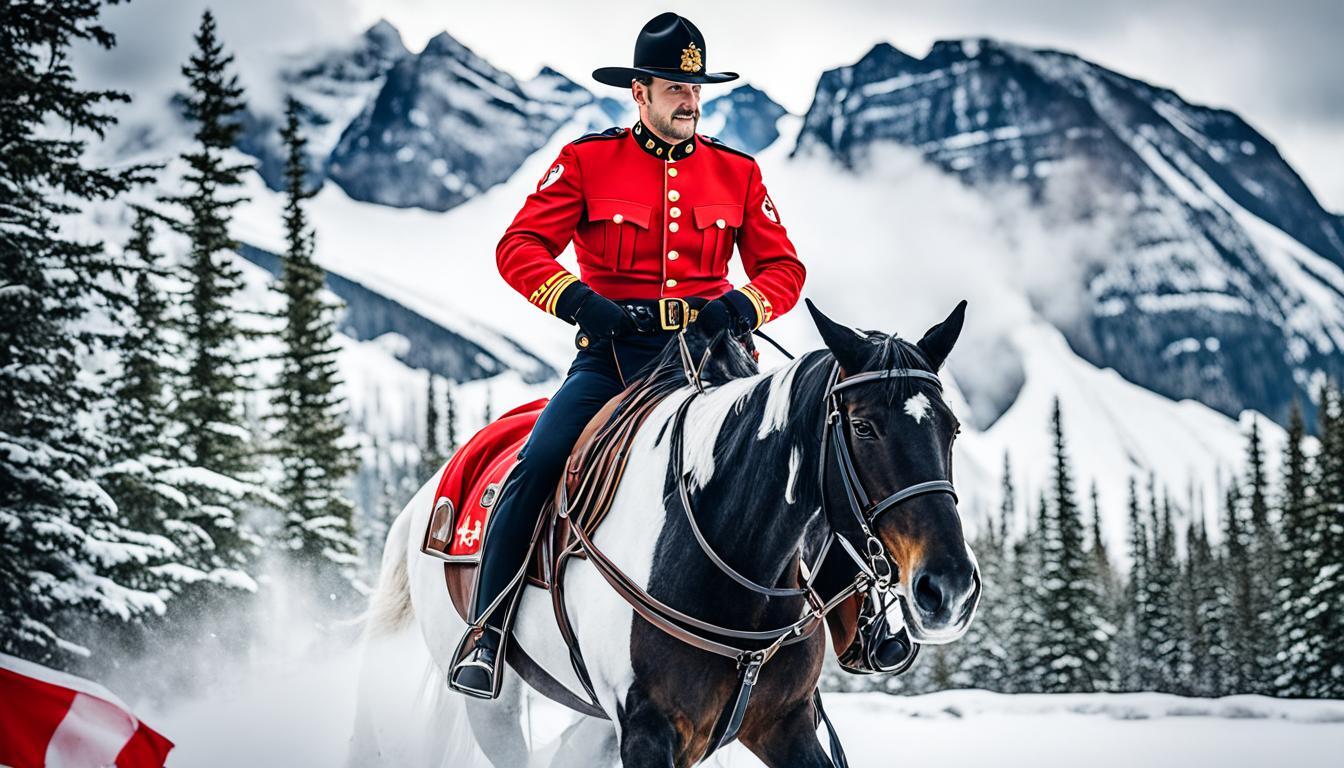
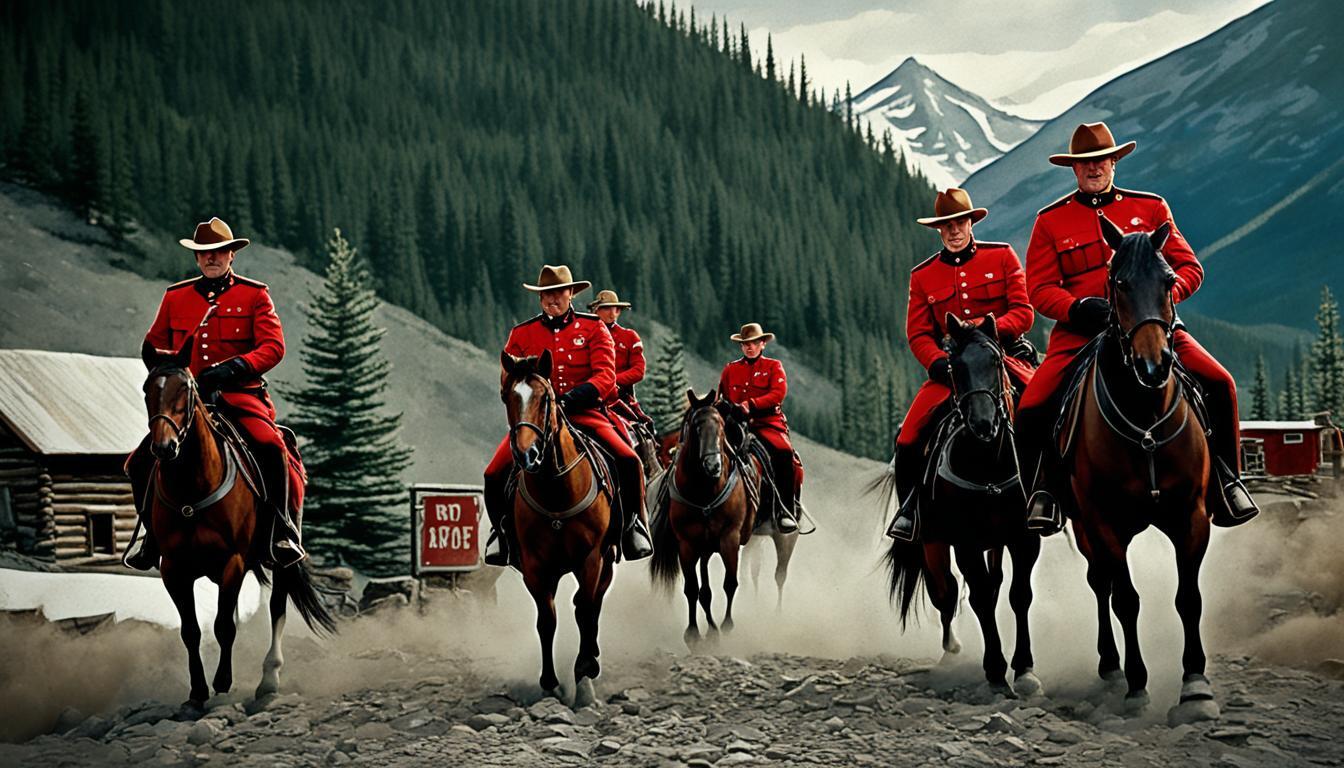

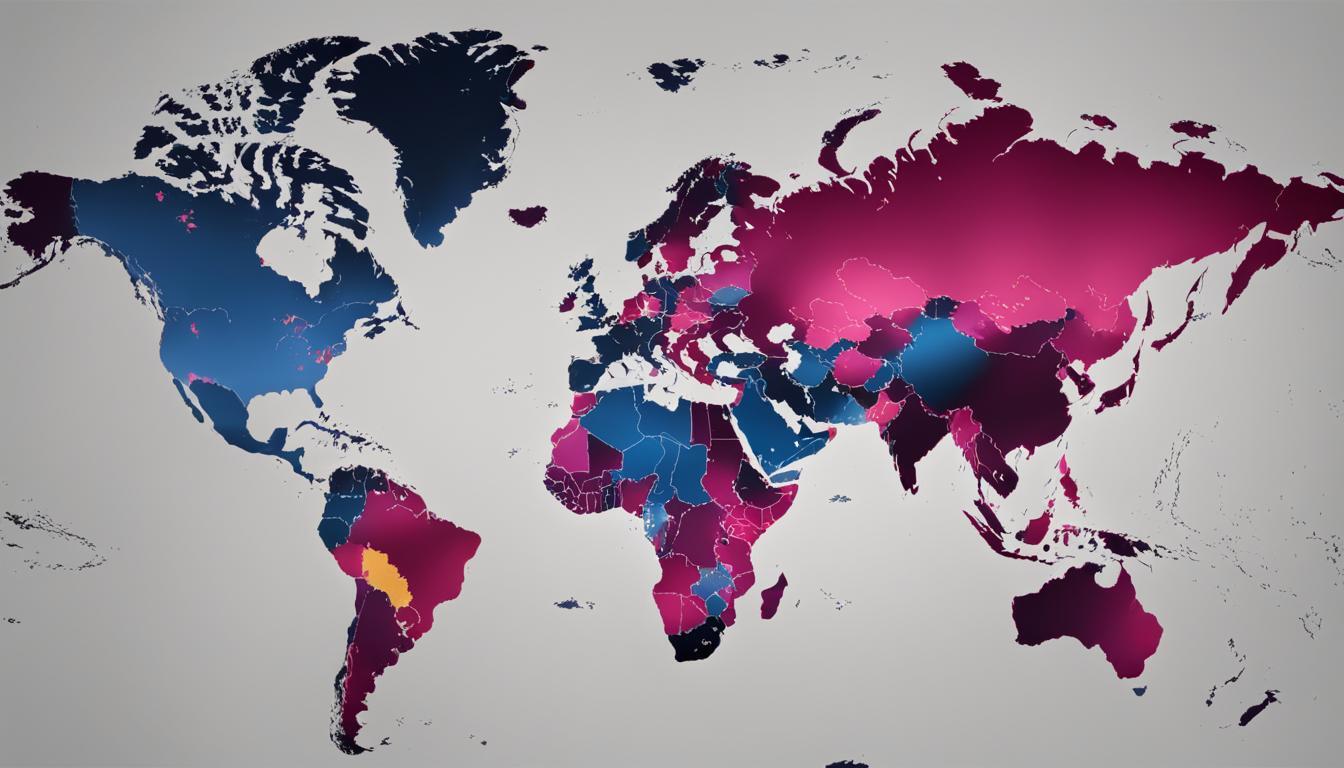











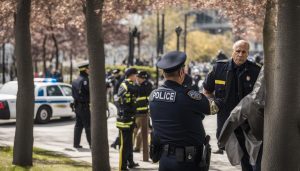



Post Comment Cancel reply